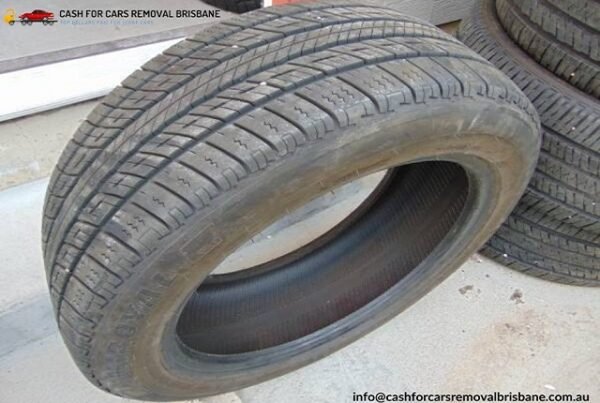When you invest a certain amount of money in something, the first thing you expect out of it is an assurance of returns and a sense that your capital is safe. From this point of view, fixed deposits (bank or NBFC) are the best options as the RBI decides its rules and regulations.
Types of Fixed Deposits:
- Standard fixed deposits: This kind of Fixed Deposit are for tenures between 7 days to 10 years. However, the longer the tenure, the higher the interest you get. Also, the rate of interest is entirely unaffected by market fluctuations as it’s set at the time of starting the FD.
- Tax saver fixed deposits: They are long-term fixed deposits. In such FDs, your investment is locked down for five years, and you get the benefit of tax deduction through these FDs. The amount you invest in tax saver FDs is exempted from tax. The upper limit for a tax deduction on such FDs is Rs.1.5 lakhs per FD.
- Special fixed deposits: Here, you make investments for specific periods. And if you do not withdraw any money for the specified period, you’ll earn higher interest on it than Standard FDs.
- Cumulative fixed deposits: If you want the interest amounts to be high enough to make up for regular expenses, you should add the returns back to the FD, either monthly or quarterly. In cumulative FDs, the next interest cycle after depositing the extra amount will include the added amount, earning you more on your investment.
- Regular income fix deposits: Again, if you have low income and the interest from bank deposits is something that you depend on for your monthly expenses, then this FD is your best bet. You can have the interest paid out either monthly or quarterly.
- Flexi fixed deposits: These FDs are linked to your savings account. You need to create an FD with an initial deposit first and then link it to your savings account. You can even set a cap on your savings account, and any excess amount will be transferred to the FD.
- Corporate and other fixed deposits offering high ROI: Some banks, RBL banks, and post offices pay higher interest on FDs than the regular schemes. These FDs are for a minimum period of three years, and offer highest fd interest rates than the regular FDs.
- Corporate Fixed Deposit: These schemes do offer higher returns on your investment, but you should choose the company carefully. If you select a good company for your FD scheme, you’ll earn more interest on your investment than bank FDs as these schemes offer the highest interest rate on FD.





